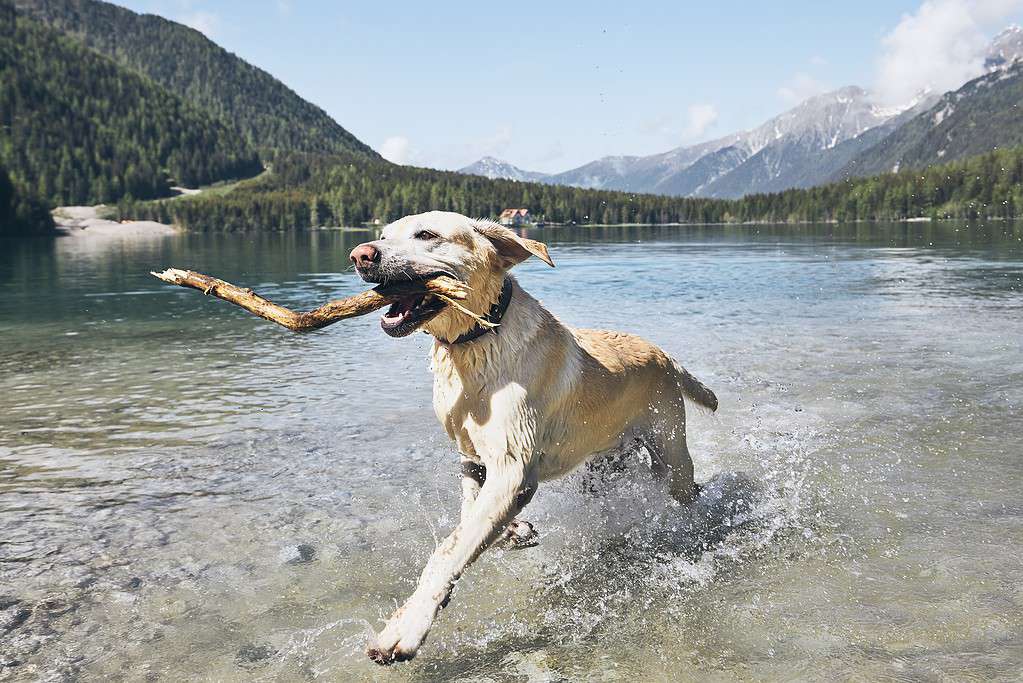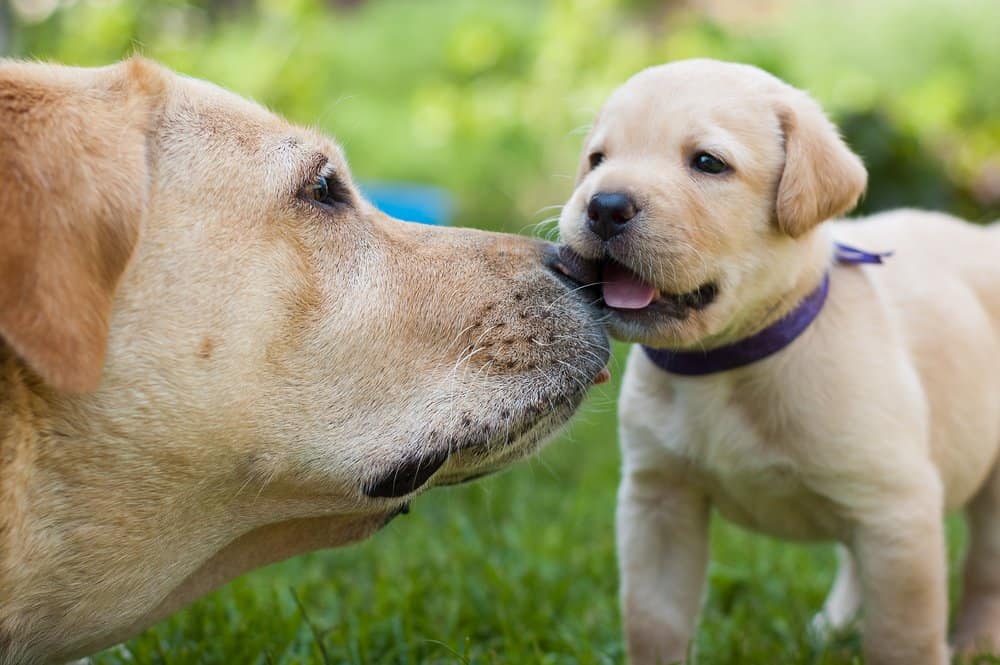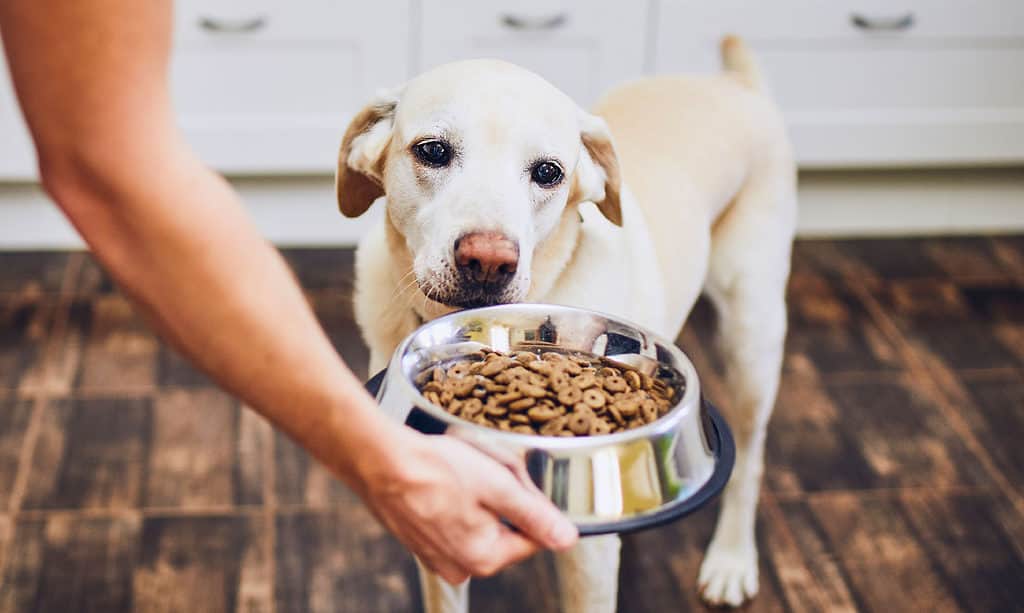Labrador retrievers are undeniably one of the most beloved dog breeds globally, and it’s not hard to see why. Their vibrant personalities and playful nature make them a joy to have as a furry companion. If you’re considering bringing a Labrador retriever into your household, it’s crucial to be prepared for the training process that comes with owning one of these lovable pups. Despite their innate friendliness and adaptability, Labrador retrievers still need proper training starting from a young age. Here are some tips to help you get started with training your Labrador retriever:

Labrador retrievers are known for their eagerness to be trained, making them a great choice for owners seeking a well-behaved companion. When bringing a Labrador retriever home for the first time, it’s important to allow them time to adjust to their new surroundings. Let them explore and get used to all the new sights and smells before diving into intense training sessions. To effectively train a Labrador retriever, it’s important to avoid common mistakes. Training sessions should be kept short and engaging, as puppies have short attention spans. Consistency is key in training, as it helps both the owner and the dog establish a routine. Training should also take place in different environments to help the dog adapt to various situations. Positive reinforcement is highly recommended when training Labrador retrievers. Rewarding good behavior and avoiding harsh punishments will help build a strong bond between owner and dog. It’s important not to overdo treats during training, as it can diminish their value and motivation for the dog. Overall, patience and consistency are key when training Labrador retrievers. With the right approach, these intelligent and eager-to-please dogs can become well-behaved and obedient companions.

It is crucial to socialize Labrador retriever puppies from a young age, starting as early as three weeks old with interactions with their mother and siblings. Early socialization is key to helping them adjust to various life experiences and animals, shaping their personalities as they grow. To ensure proper training and behavior, teaching basic cues like sit, stay, yield, yes, and no can begin as early as eight weeks old. Potty training should also start around this age to prevent accidents in the home. Crate training is recommended between eight and 10 weeks old, but it is essential to associate the crate with positive experiences and not as a form of punishment. Additionally, establishing a grooming routine and introducing leash, harness, and collar training by three months old are important aspects of Labrador retriever training. Enrolling your puppy in obedience training classes by three months old can be beneficial, but make sure they have received all necessary vaccinations before starting. Light exercise can also be introduced at this age to keep your Labrador retriever healthy and active.

During the crucial growth period of Labrador retrievers, it’s important to be mindful of their exercise routine. Avoid putting too much strain on their joints and muscles with intense workouts. Light exercise is key for their mental and physical well-being. Between three to six months of age, you can start incorporating gentle activities into your Labrador retriever’s routine. This could include short walks or playing fetch in appropriate areas to help them release any excess energy. Instead of taking your Labrador retriever puppy on a long run, opt for shorter walks or engaging games until they are at least seven months old. As they mature and grow, you can gradually increase the intensity and duration of their workouts.

Once your Labrador retriever matures into adulthood, it may be time to adjust their diet to meet their new nutritional needs. Labrador retrievers typically reach adulthood at a faster rate compared to smaller dog breeds, so they may need to stay on a puppy formula for a bit longer. It’s essential to consult with a veterinarian to determine the appropriate age to start transitioning your Labrador retriever to an adult formula. As your Labrador retriever grows, you can gradually introduce them to more vigorous exercise routines. These active dogs thrive on physical activity, so it’s recommended to provide them with at least one to two hours of exercise daily. You can schedule exercise sessions throughout the day to prevent overexertion, such as an hour of exercise in the morning and evening based on your dog’s capabilities. Training is also a great way to stimulate your Labrador retriever both mentally and physically. Labrador retrievers are known for their loyal and eager-to-please nature, making them highly trainable. They enjoy bonding with their owners through various forms of training, which can begin as early as eight to 12 weeks of age. Remember that every Labrador retriever progresses differently in training, so it’s crucial to be patient and tailor the training pace to your dog’s comfort level.
